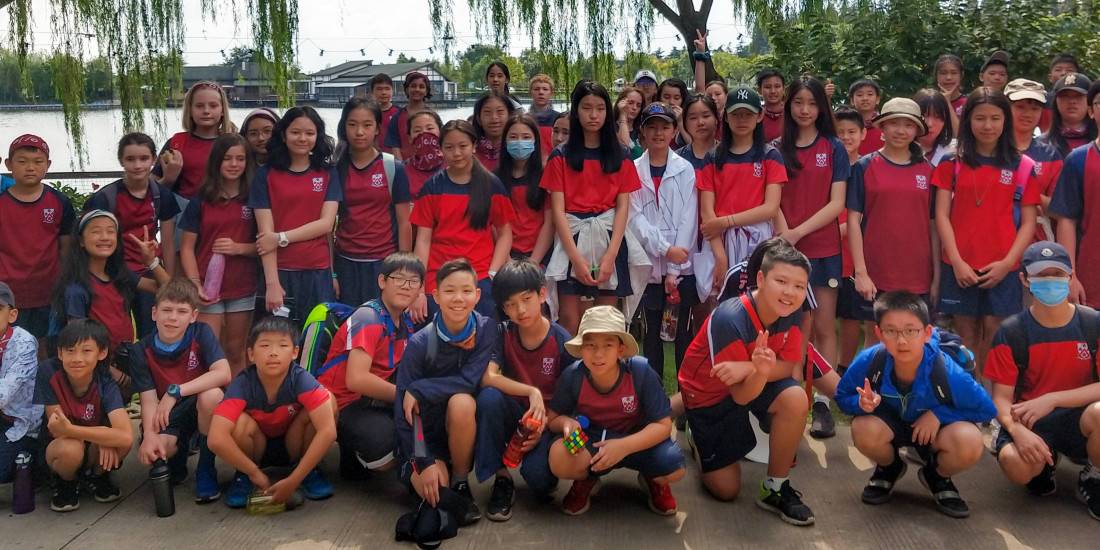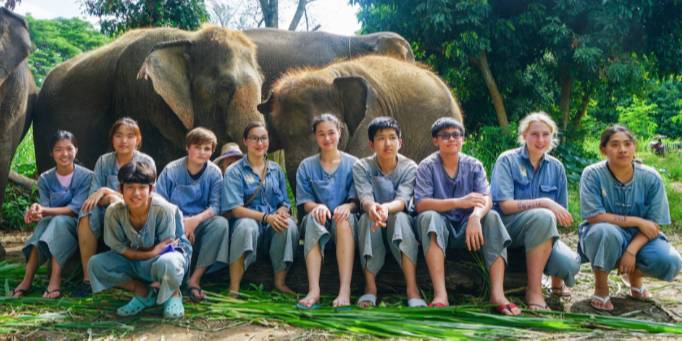Challenge Week: Live Worldwise through Experiential Education
Do you remember that science experiment you watched your teacher do in Year 10? What about the one you did yourself in Year 6? How about the field trip in Year 3? The residential camp you went on in Year 7? When we look back on our school years, why is it that we remember some experiences and not others? Why do some lessons stand out in our memories well into old age, whereas others, while valuable in content and knowledge, do not?
For most people, the memories that endure are those that involved intrinsic motivation, where we were heavily invested in the outcomes and where we were actively involved in the process, not just passive observers. Perhaps they just seemed like fun activities at the time. We weren’t explicitly aware of the lesson objectives, or the skills we were developing. Perhaps they weren’t even fun. A grueling hike through the rain or getting muddy in the fields while learning farming techniques. Regardless, these most enduring memories almost always form around experiences, hence the term ‘experiental learning’, or ‘experiential education’. Put simply, experiential learning is learning by doing:
“[focusing] on the idea that the best ways to learn things is by actually having experiences. Those experiences then stick out in your mind and help you retain information and remember facts.”
(Experiential Learning Theory)
According to the Association for Experiential Education, Experiential Education is: “a teaching philosophy…in which educators purposefully engage with learners in direct experience and focused reflection in order to increase knowledge, develop skills, clarify values, and develop people's capacity to contribute to their communities.”
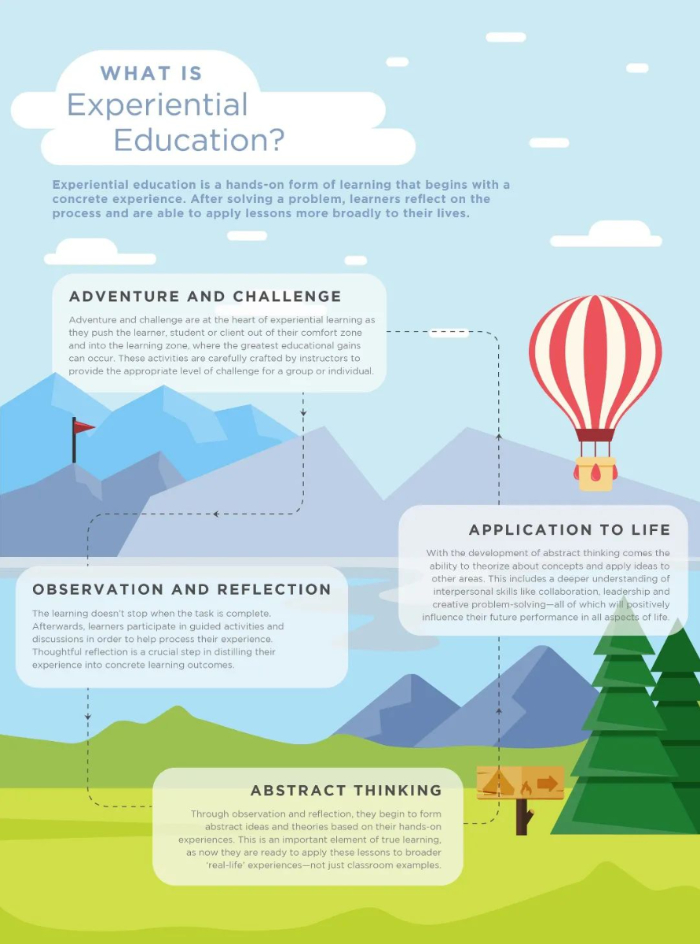
Image source: Association of Experiential Education
Boston University cites following elements as typical of experiential learning;
- Experiences are carefully chosen for their learning potential (i.e. whether they provide opportunities for students to practice and deepen emergent skills, encounter novel and unpredictable situations that support new learning, or learn from natural consequences, mistakes, and successes).
- Learners are engaged intellectually, emotionally, socially, and/or physically, which produces a perception that the learning task is authentic.
- Relationships are developed and nurtured: learner to self, learner to others, and learner to the world at large.
(Experiential Learning)
Experiential education is an integral part of the curriculum at Dulwich College Shanghai Puxi, and our Challenge Weeks are a strong example of experiential education in action. Last week, all Senior School students spent the week off-campus engaging in truly memorable activities. Year 7 to 9 students took on activities from water sports, cycling various terrains and crab fishing to braving the weather while camping. Year 10-12 completed their qualifying adventurous journey expedition for the Duke of Edinburgh International Award; navigating routes around Dianshan Lake and Chongming Island using their compass and mapping skills in a kayak, whilst carrying all of their own equipment for the week!
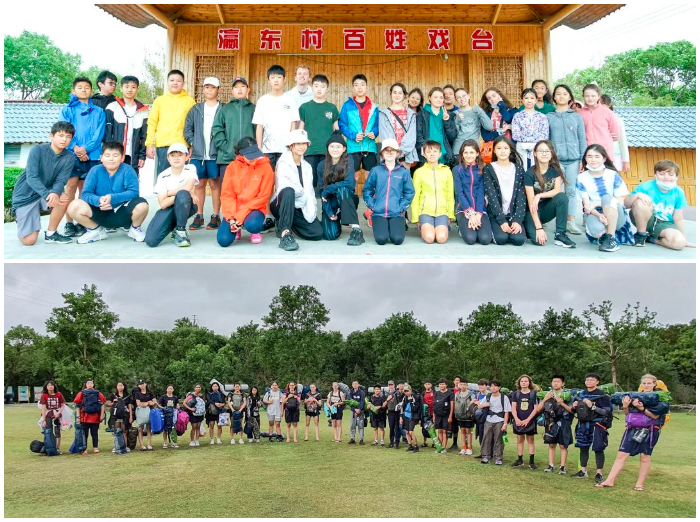
The experiences did not happen in isolation. They were carefully crafted and curated experiences designed for their learning potential. Students spend time at the end of each day to reflect on their experiences; encouraged to come to their own conclusions about the value of the lessons they learned and the skills they developed. Challenge Weeks are authentic experiences that students are deeply invested in. They are able to connect with the world around them and build bonds with their classmates and teachers that can only be developed outside the classroom. Challenge Week is the epitome of experiential learning, and we are proud to be able to offer our students these opportunities.
Last Friday, students returned to the College with tired bodies, but nourished minds. They continue the year now with renewed focus. They have built new friendships, pushed themselves beyond what they thought they were capable of, challenged their comfort zones, learned new skills and, most importantly, created new memories that will last a lifetime.
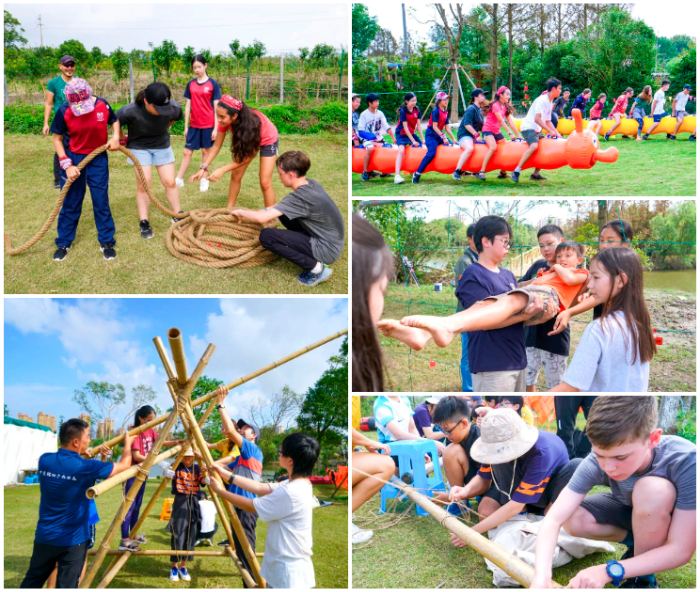
Students compete in the "Lawn Olympics”.
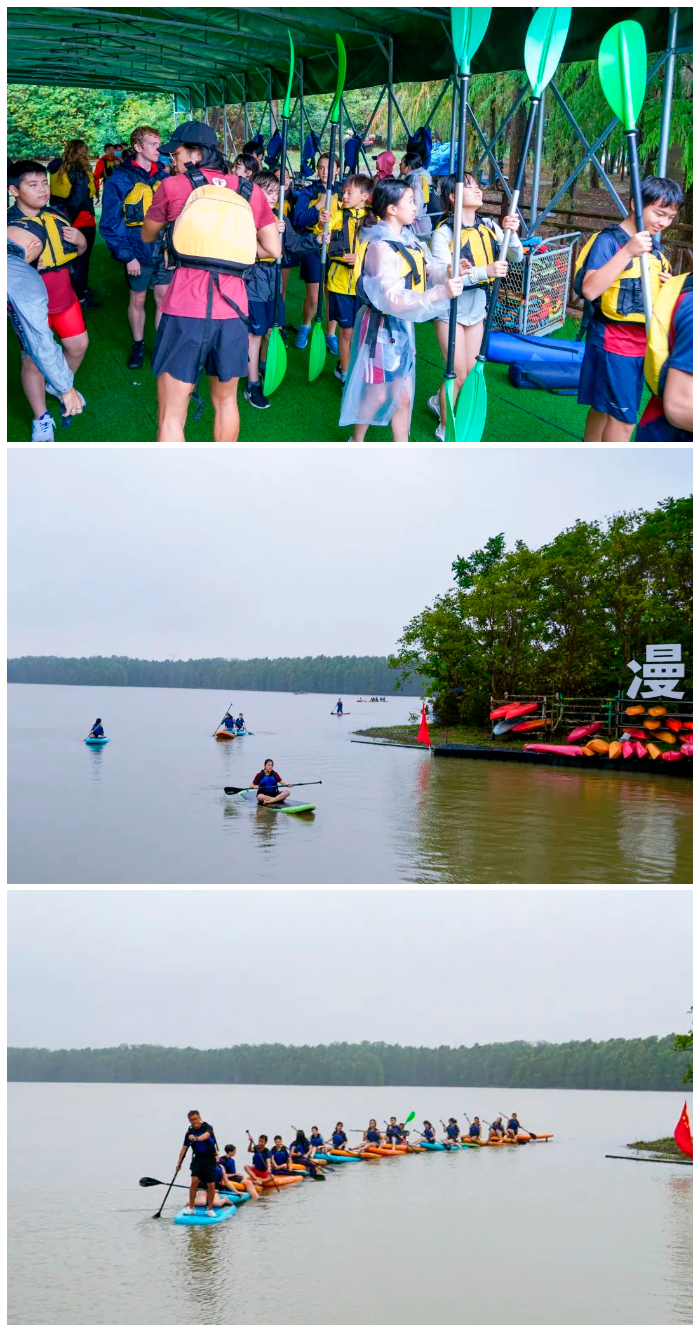
Wait, it's raining? I didn't even realise!
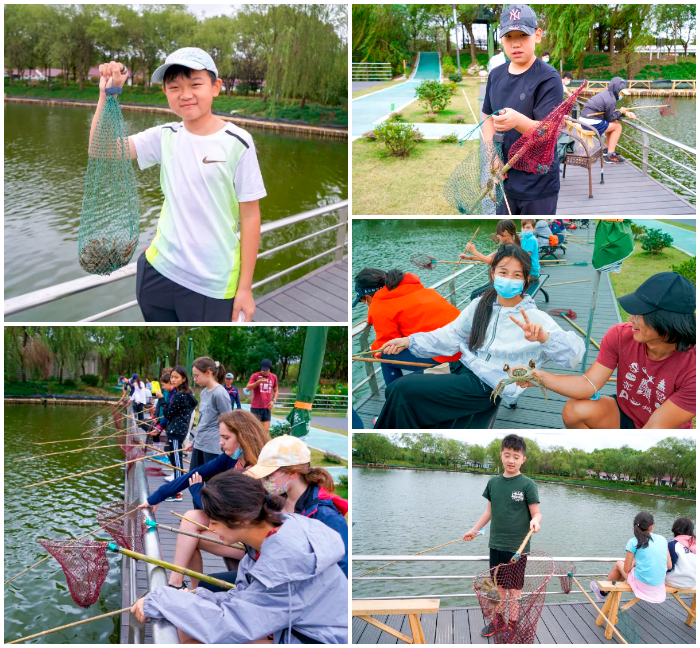
Check out this week's episode of crab catch’n'cook!
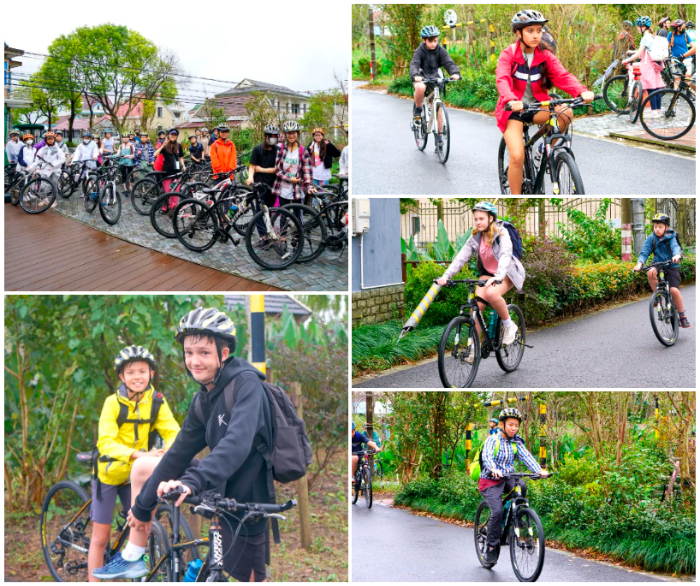
Taking in the sights and sounds of Chongming Island.
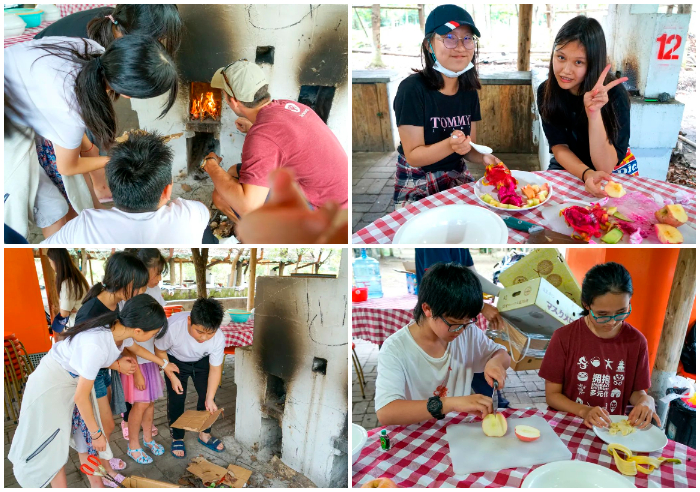
Using team work to start a fire!
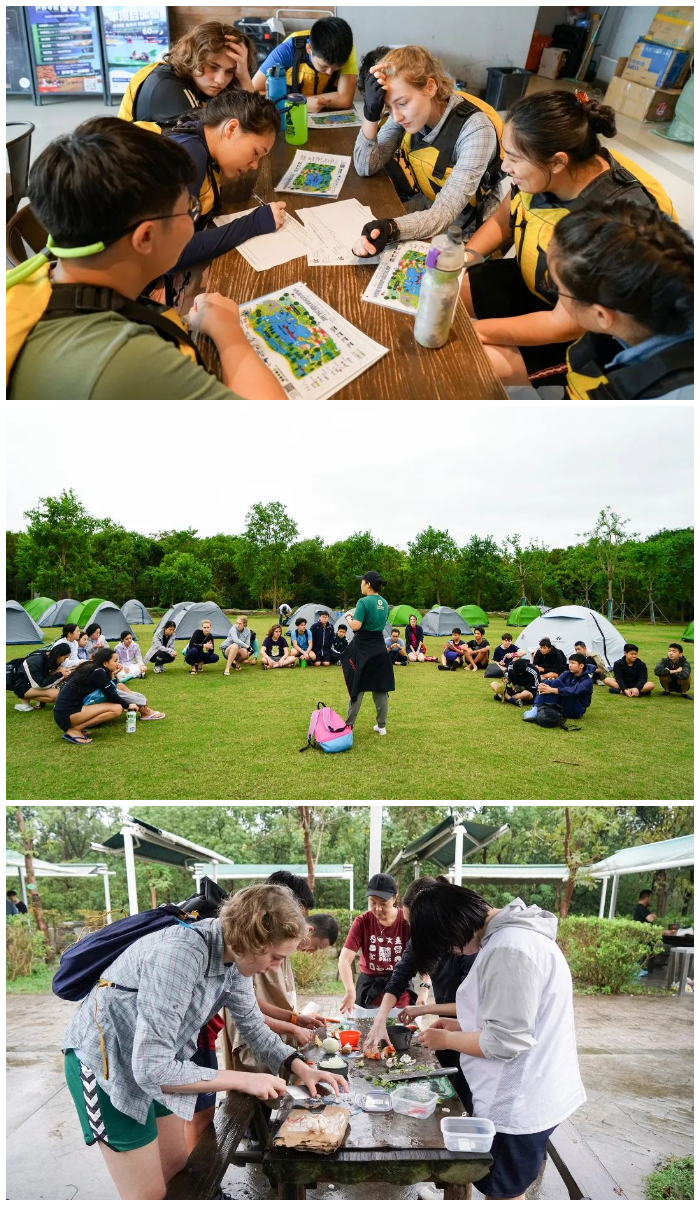
Starting the Adventurous Journey.
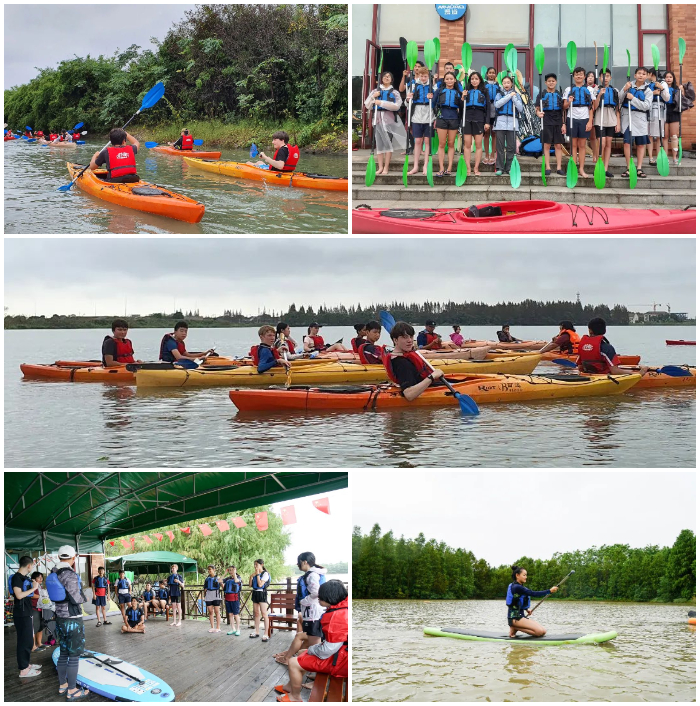
Navigating the waterways of Dianshan Lake and Chongming Island.
Read more on our philosophy on experiential education and outdoor learning:
Residentials: Lived experiences generate academic excellence!
Residential trips enhance the curriculum and push our students to achieve better academically.
Words alone are not enough to learn about our plan
Use of the outdoors makes a major contribution to physical and environmental education and enhances many other curriculum areas. It contributes to personal growth and social awareness and develops skills for life and the world of work.
References:
“Experiential Learning”. Bu.Edu, https://www.bu.edu/ctl/guides/experiential-learning/.
“Experiential Learning Theory”. Western Governors University, 2020, https://www.wgu.edu/blog/experiential-learning-theory2006.html#openSubscriberModal.
Lam, B. H., and H. L. Chan. Experiential Learning. The Hong Kong Institute Of Education, Hong Kong.
“What Is Experiential Education”. Aee.Org, https://www.aee.org/what-is-experiential-education.




